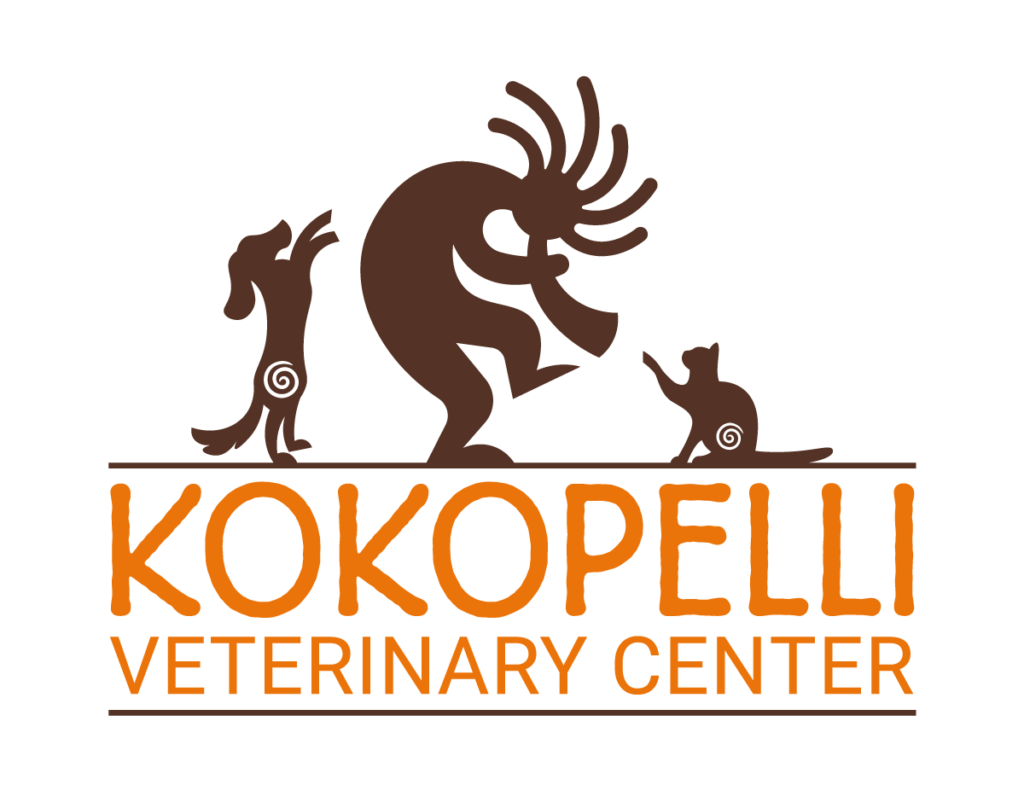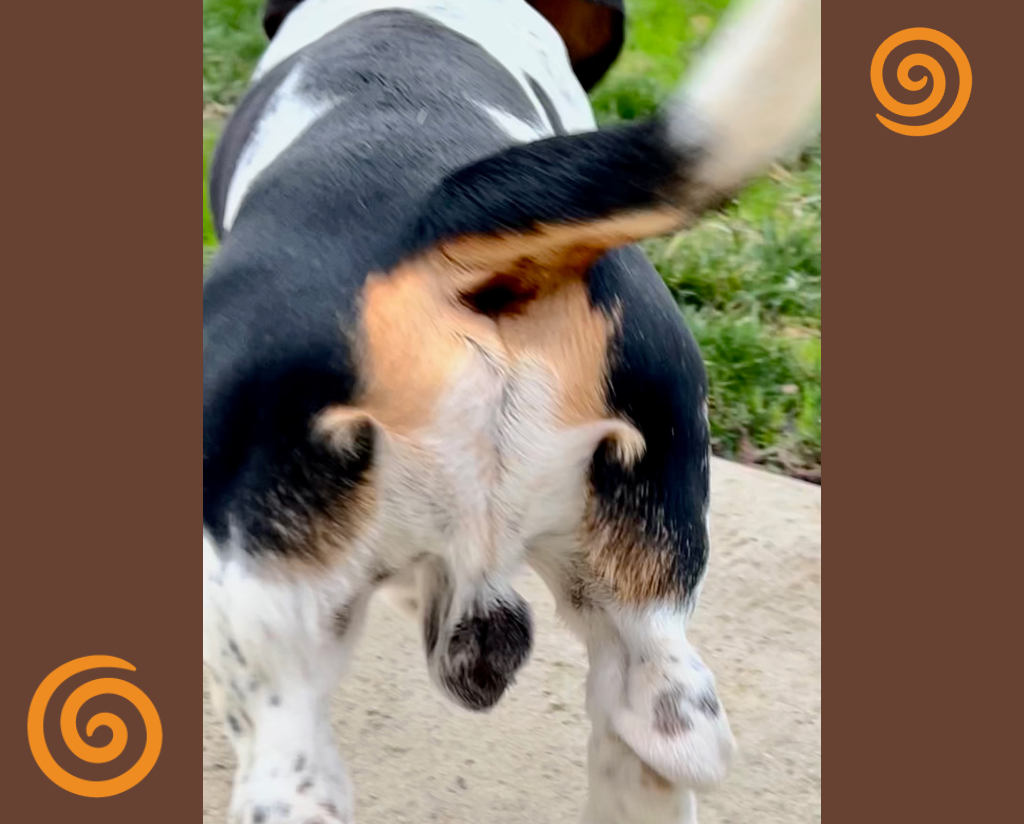I have a confession. I almost never make my bed. I know I’m “supposed to” but I can’t think of a good reason to do it. Sometimes I look at my messy bed and I tell myself, “You should make your bed.” But then I respond to myself, “Why? I’m the only one who sees it and I’m just going to mess it up again in another 16 hours.” It doesn’t increase my mental well-being enough seeing a well-made bed to merit the 10 minutes a day it would take me to straighten out the sheets and blanket. It’s just another of many examples of things society expects of good behavior but don’t actually make sense.
Take neutering male dogs. Everyone accepts it as a simple truth that the good dog owner neuters their dog. It’s the “right” thing to do. So much so, that as a society we place automatic, silent judgement on the person walking their intact male in the park when we notice the pendulous scrotum swinging shamefully in the breeze as they walk brazenly by. We kind of place them in the same judgey category as smokers or parents with undisciplined, bratty kids. They are not doing what good citizens are supposed to do. Smoking causes disease, kids need guidance, and intact dogs lead to abandoned puppies.
But do they? Obviously, some do. But some don’t. Can we predict which ones are more likely to contribute to unwanted puppies? Sometimes we can. And they are not the dogs that belong to the kinds of clients who come to Kokopelli. Our clients have close control of their dogs. None of them let them wander about, free rein in the neighborhood. When a bitch is in heat in the household, the males are kept apart. And if an accidental breeding occurs, they are on the phone to us immediately to find out options for pregnancy termination. Responsible dog owners leaving their male dogs intact do not contribute to the unwanted pet overpopulation.
When I have clients ask me when they should neuter their dog, I turn the question on them and ask them why they want to neuter him at all. Usually there is a dumbfounded pause. Why would a vet ask such a question? Aren’t we supposed to neuter our dogs if we are responsible, good people? I wait. I allow the confused silence to linger. They stammer, “Isn’t that the right thing to do?” I push, “Is it? Why?” Most of them don’t mention unwanted puppies. I think it is the first thing to occur to them since that is what the media has pushed with the “Adopt don’t Shop” movement. But I think they quickly realize that doesn’t apply to their personal situation. Their male has virtually no chance to run around sowing his seed willy nilly. So, after a few seconds of thought, usually they say, “Aren’t there health risks if he stays intact? Like testicular cancer or torsion? Or prostate disease?”
Those are good questions. Testicular cancer can’t happen if your dog doesn’t have testicles. But the overall incidence of testicular cancer is low in dogs. When it does occur, it is usually caught early because of the obvious swollen scrotum and the tumors almost always end up being benign. Removing the affected testis at that point is curative. The same is true of testicular torsion: uncommon in occurrence, quickly obvious from the pain and swollen scrotum, and fixed by removal of the affected testis. As for prostate disease, it is true that benign prostatic hyperplasia (enlarged prostate) and prostatitis (infection) only happen in intact dogs. But these conditions are easily and effectively treated medically. Prostatic cancer, on the other hand, is an aggressive, angry, and ultimately fatal disease, but low in overall occurrence in dogs and actually occurs more commonly in neutered males. So…I am not seeing a medical benefit to neutering dogs.
In fact, there are some risks to neutering. You can pretty much count on your dog’s metabolism slowing down. Work drive and overall energy will decrease. Weight gain comes on very easily. Cognitive disorders progress more rapidly in neutered males. Much higher incidences of hip dysplasia, elbow dysplasia, and cruciate rupture happen in neutered males, especially those neutered young. The same is true for some nasty cancers including lymphosarcoma, hemangiosarcoma, mast cell tumors, and osteosarcoma.
OK, what about better behavior? Won’t my dog be less aggressive and stop humping everything after I neuter him? Neutering has little to nothing to do with these behaviors. How many neutered males or females, for that matter, do you know that are aggressive or hump? Lots! These behaviors are strongly linked to social interactions including play, dominance, and protective tendencies, which have nothing to do with testosterone. There are no consistent studies that have shown a reduction in aggression with neutering. Your male will stop marking quite as much, and may be less inclined to wander. But are those reasons to neuter when weighed against all the risks?
But what if you don’t plan on breeding him and you have intact, breeding bitches in your home? What if you don’t want to risk an accidental pregnancy? Fair enough. That’s a good reason to consider neutering. But there are other options you can consider, including vasectomy and hormone implants that shut down sperm production. These are conversations to have instead of mindlessly accepting that the right thing to do is neuter.
As an important disclaimer, dogs in shelters or in areas where people let their dogs roam free are an entirely different conversation. But these are not the clientele we see at Kokopelli, and you’re the ones I’m talking to. So, I would encourage responsible dog owners to think twice and have an intelligent conversation with lots of questions before you decide to neuter your dog. And leave that bed unmade. Who are you making it for?



8 Comments. Leave new
You are mistaken. Let’s discuss it. Write to me in PM, we will communicate.
Till what time?
In my opinion you are not right. I can defend the position. Write to me in PM.
It is very a pity to me, I can help nothing, but it is assured, that to you will help to find the correct decision.
The properties leaves, what that
Also what?
This article provides an insightful and compassionate perspective on the importance of neutering pets. Beyond helping to control pet overpopulation, neutering contributes to the overall health and well-being of animals by reducing the risk of certain diseases and behavioral issues. It’s great to see veterinary professionals advocating for responsible pet ownership and educating pet owners on the long-term benefits of this decision. Thoughtful discussions like this help create a more informed and compassionate community for both pets and their owners.
Unveiling the Hidden Psychological Impact of Neutering Dogs: How Does It Affect Their Behavior and Emotional Well-being?